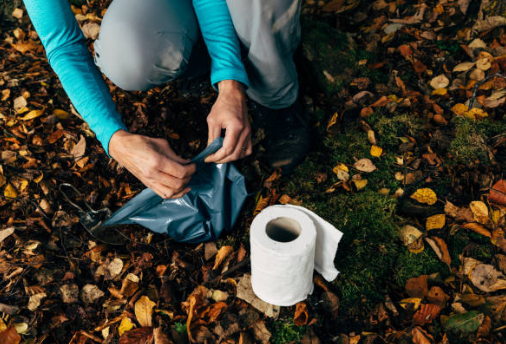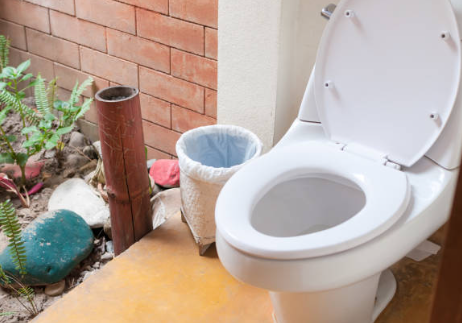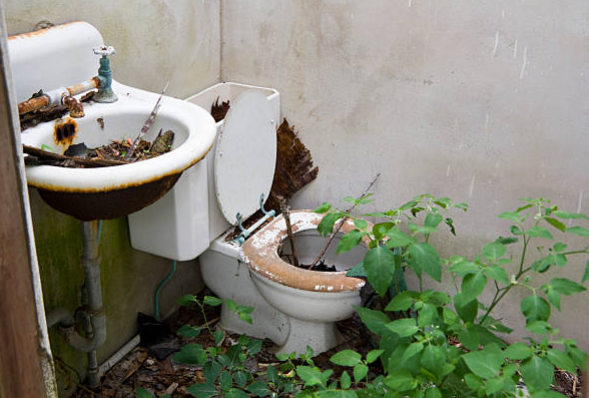Composting Toilet Problems
Tired of traditional toilets? Composting toilets offer an eco-friendly alternative, but they come with challenges. Common issues include unpleasant odors due to the decomposition process and the potential for clogs since they use minimal water. In this article, we’ll address these problems and provide solutions to ensure your composting toilet functions smoothly. we’ll explore potential grants for disabled toilet facilities that can assist in overcoming challenges and implementing necessary improvements for a more efficient and sustainable restroom solution.
Common Problems With Composting Toilets
If you’re considering a composting toilet, there are a common problems you should be aware of.

First, odor can be an issue if the composting process isn’t working effectively or if proper maintenance isn’t being done.
Second, poor drainage can occur if the composting material gets too wet, leading to a smelly and unhygienic situation.
Lastly, clogging and leaking can happen if the toilet isn’t being used properly or if there are issues with the plumbing system.
Related Topics: Who Can Legally Use Disabled Toilets?
1. Odor
To truly eliminate odor, you need to regularly maintain and properly ventilate your composting toilet. One of the most common causes of odor in composting toilets is a lack of ventilation. Without proper airflow, the waste inside the toilet can become stagnant, leading to unpleasant smells. Make sure that your composting toilet has a ventilation system in place, such as a fan or vent pipe, to allow for proper air circulation.
2. Poor Drainage
Ensure that you regularly maintain and properly ventilate your composting toilet to prevent poor drainage, as it can lead to a buildup of moisture and waste, creating an unsanitary and ineffective system.

To maintain good drainage, make sure to regularly check the drain holes and clear any blockages or obstructions. This will allow the liquid to flow freely and prevent any backups or overflow.
3. Clogging
Clogging can quickly turn your composting toilet into a messy and frustrating experience. When waste and toilet paper build up in the system and fail to break down properly, it can lead to blockages in the pipes. This can result in a backup of sewage, causing unpleasant odors and potential health hazards.
To prevent clogging, it’s important to be mindful of what you flush down the toilet. Avoid throwing in items that are difficult to break down, such as sanitary napkins, diapers, or excessive amounts of toilet paper. Regularly maintaining your composting toilet by emptying the solids and monitoring the moisture levels can help prevent clogging issues.
4. Leaking
Dealing with leaks can be a frustrating and messy experience, leaving you feeling overwhelmed and discouraged. When your composting toilet starts leaking, it can create a host of problems that you’d rather avoid.
Not only does the leaking waste create an unpleasant odor, but it can also damage your flooring and surrounding areas. It’s important to address the issue promptly to prevent further damage and ensure the proper functioning of your composting toilet.
How To Clean A Composting Toilet?
Maintaining the cleanliness of a composting toilet is essential for ensuring its optimal performance and functionality. Cleaning a composting toilet is a relatively simple process that can be done using a basic steps.

First, you’ll want to make sure you have the necessary supplies on hand, such as gloves, a brush, and a composting toilet cleaner.
Start by emptying the urine container and removing any solid waste. Next, use the brush and cleaner to scrub the inside of the toilet bowl and the seat. Be sure to clean all surfaces thoroughly to prevent the buildup of bacteria and odors.
Additional Articles: How To Get A Key For Disabled Toilets?
After cleaning the toilet bowl, it’s important to clean the urine container. This can be done by rinsing it with water and a mild detergent. Make sure to remove any residue or buildup that have accumulated over time.
Conclusion
In conclusion, despite potential challenges, composting toilets offer numerous benefits such as water conservation and sustainable waste management. Addressing common issues like odors and clogs through proper maintenance and cleaning is essential. Regularly emptying the composting chamber, using eco-friendly cleaning products, and ensuring proper ventilation control are key steps. By embracing these practices, you can enjoy the advantages of reduced water usage and nutrient-rich compost production with a composting toilet.



